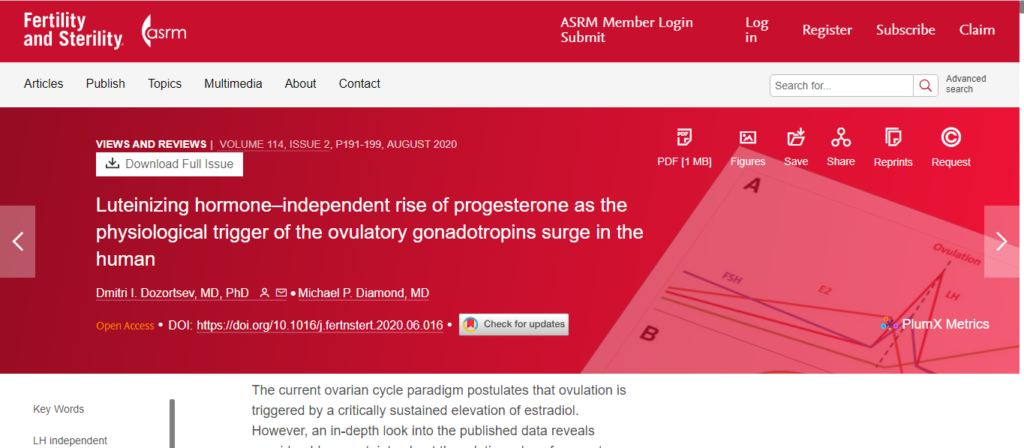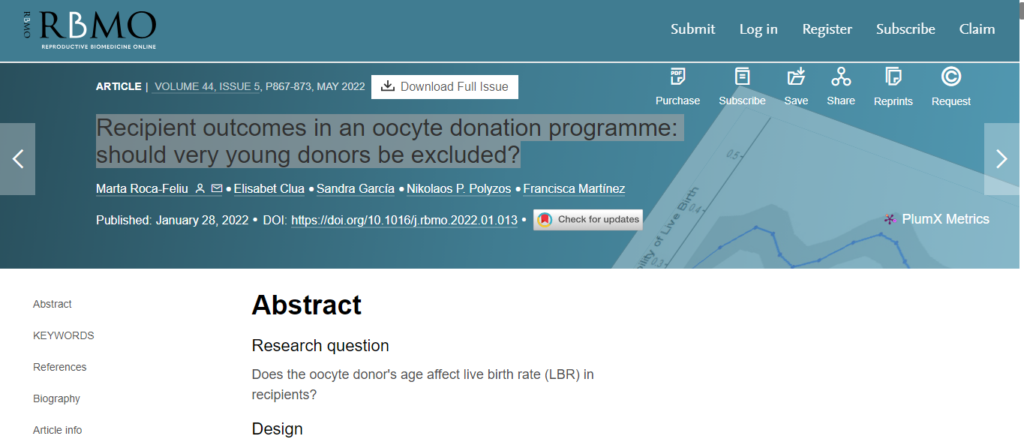Couples trying to get pregnant could increase their chances of conception by practicing good dietary habits.
Can what you eat affect your fertility? It’s a question researchers have investigated for decades. Although more analysis is needed, studies done so far have pointed to a number of foods and nutritional supplements that tend to enhance a couple’s odds of conceiving a child.
In fact, what couples consume as they attempt to get pregnant is arguably just as important as what the mother eats after conception. To increase a couple’s chances of getting pregnant, preconception nutrition emphasizes a diet based on the food groups and supplements that support fertility in both men and women.
While these guidelines apply to all Americans who want to enjoy a healthy diet, certain nutrients and foods should take center stage while a couple tries to become pregnant. Here’s a brief summary of what some of those fertility-boosting foods are.
What to Eat While Trying to Become Pregnant
A study conducted by the Nurses’ Health Study II (NHS) over the past 20 years has spent a long period of time observing fertility and diet. The NHS reviews a large cohort of nurses to understand the risk factors associated with major chronic diseases in women.
According to the fertility study, women who followed the so-called “fertility diet” lowered their risk of ovulation disorders by 66 percent. When other infertility causes were factored into the study, the risk dropped by 27 percent when participants planned their meals around plant protein from vegetables, full-fat dairy foods, iron, and monounsaturated fats.
Breaking the fertility diet down even further, certain nutrients and foods ranked high on the shopping list of would-be mothers and fathers:
Folic Acid. Though all women require high levels of folic acid intake, it’s especially important for women trying to conceive. The recommended dosage is between 400 to 800 micrograms, which can come in the form of prenatal vitamins prescribed by a doctor. Taking folic acid decreases the risk of spontaneous abortion and birth defects of the brain and spine in the developing fetus. Women can also get their folic acid intake from dark green leafy vegetables.
Iron. According to one study, iron supplements lower the chance of ovulation disorders by nearly 40 percent. However, women should avoid red meats as their main source of iron because of its high quantities of saturated fat — a substance linked to infertility in men and women. Instead, supplements or non-meat sources of iron (poultry, seafood, fish, grains, beans, eggs, and nuts) can provide the necessary nutrients in healthier doses.
Antioxidants. Antioxidants fend off free radicals floating in the body that could harm sperm and eggs. Couples who want to get pregnant should load up on antioxidants like zinc and folate. One study reviewed the outcome of couples undergoing in vitro fertilization (IVF) due to male fertility issues. The results showed that an antioxidant supplement improved the pregnancy rate by 38.5 percent. Antioxidants can be consumed in the form of vitamin supplements or various types of foods. Fruits, nuts (walnuts in particular), vegetables (especially carrots), and grains all contain antioxidants such as vitamins C and E, folate, lutein, and beta-carotene.
Despite the many studies indicating there is a link between nutrition and fertility, there are several research studies have produced inconclusive results. There is no guarantee that practicing good nutrition will result in a pregnancy if there are other underlying fertility issues.
However, if couples trying to conceive are looking for a specific diet plan to follow, doctors may often suggest an anti-inflammatory diet. This diet is based on fruits, vegetables, fish, and olive oil. On the other hand, these couples should do their best to avoid processed meat, red meat, potatoes, and sugary foods and drinks high in trans fat. Specifically, sugar-laden drinks diminish fertility in both men and women.
Helping Couples Become Pregnant
Couples wishing to start or expand their family should always maintain a healthy diet, and we at the Advanced Fertility Center of Texas are happy to provide nutritional counseling to our patients. But it’s important to keep in mind that good nutrition is only one component of fertility. Contact us today for an appointment and one of our specialists will discuss your case and determine what factors, if any, may be preventing you from achieving a pregnancy.



